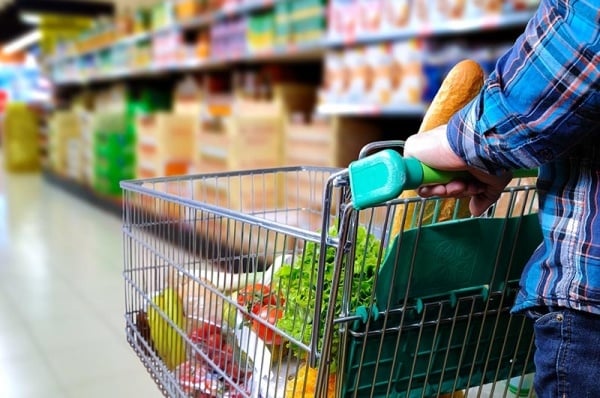We've all heard about the consumer psychology at play in the setup of grocery stores. The basics, like eggs and milk, are in the back of the store, forcing you to pass by aisles packed with things you don't need. The checkouts are lined with impulse purchases aimed at catching your attention - and that of your kids. It's no wonder a quick run to the grocery finds you spending way more than planned. But you can outsmart the store by following these easy tips:
1. Keep your kids home. If you can swing a supermarket run when the kids are sleeping or when everyone's at school, go for it. Impulse purchases skyrocket when your cart is loaded with a child begging for "just one more treat" or a toddler who needs to be bribed out of a tantrum.
2. Make a detailed menu. Never shop before making a detailed menu for the week to know what you actually need.
3. Stick to your list. This is an old piece of wisdom, but one worth following.
4. Beware of specials. Never buy something just because it's on sale unless you use that item regularly. You aren't saving if you got a great deal on something that will just sit in your pantry.
5. Don't grab a cart when you only came in for a few items. You'll feel the need to fill it and won't realize how much you're buying.
6. Use coupons whenever possible. Check the coupon booklets that come in the mail or local grocery store ads for coupons on items that you were already planning to buy.
7. Cook with seasonal produce. This is a great way to buy the most affordable produce, while getting a variety of options throughout the year.
8. Buy generic brands. Use the generic brands for cleansers, shampoos and detergents instead of brand-name products.
9. Make your own. Whenever possible, make your own instead of buying convenience foods.
10. Have your groceries delivered. Consider having your groceries delivered instead of going to the store to avoid impulse purchases.
11. Take inventory of what you already have. Never shop before taking full inventory of your fridge, freezer and pantry.
12. When possible, buy larger containers of food instead of individualized portions. This includes snack bags, yogurts, ice cream, cheeses and drinks.
How do you save on food? Share your best tips with us in the comments!



